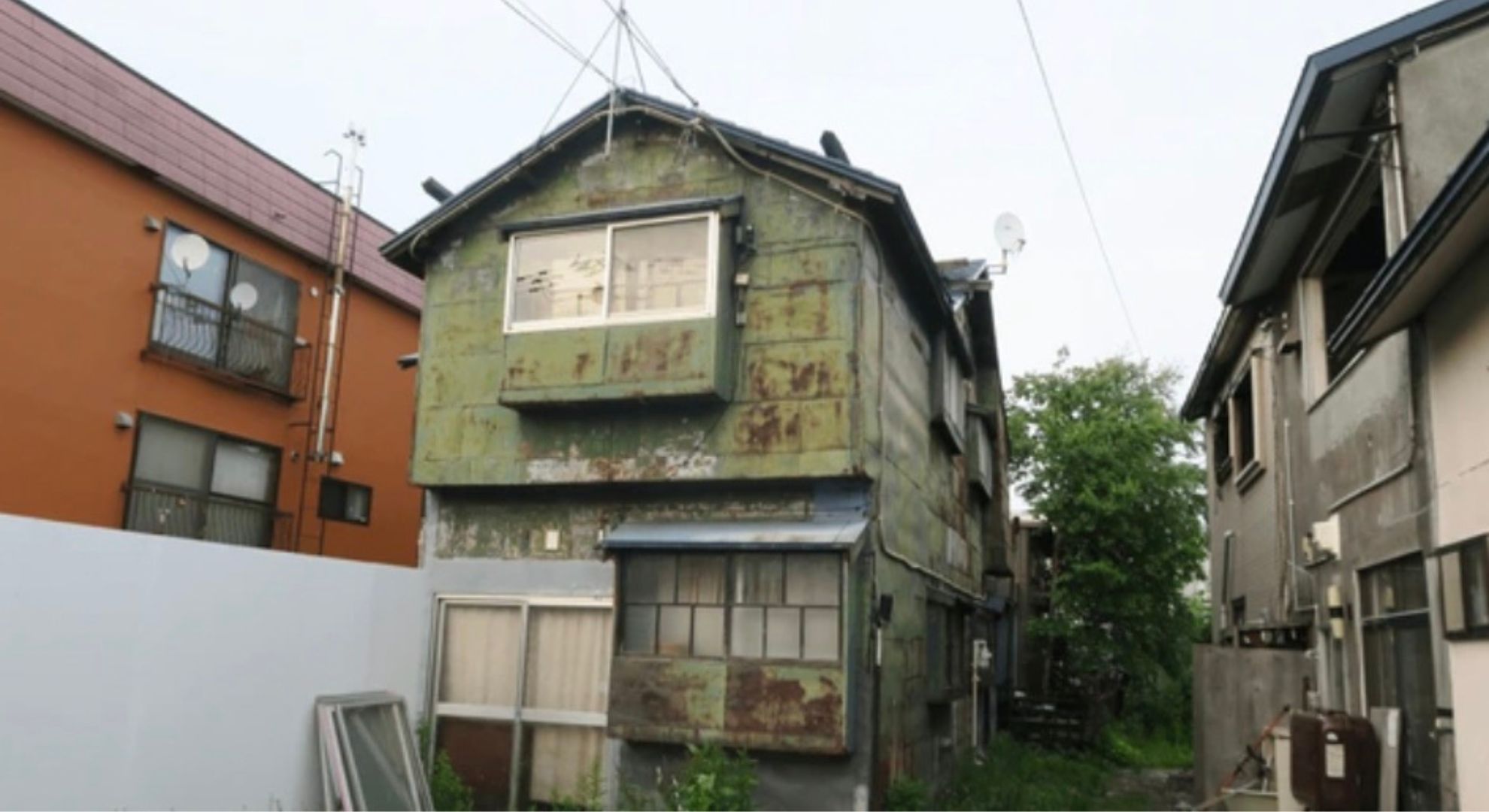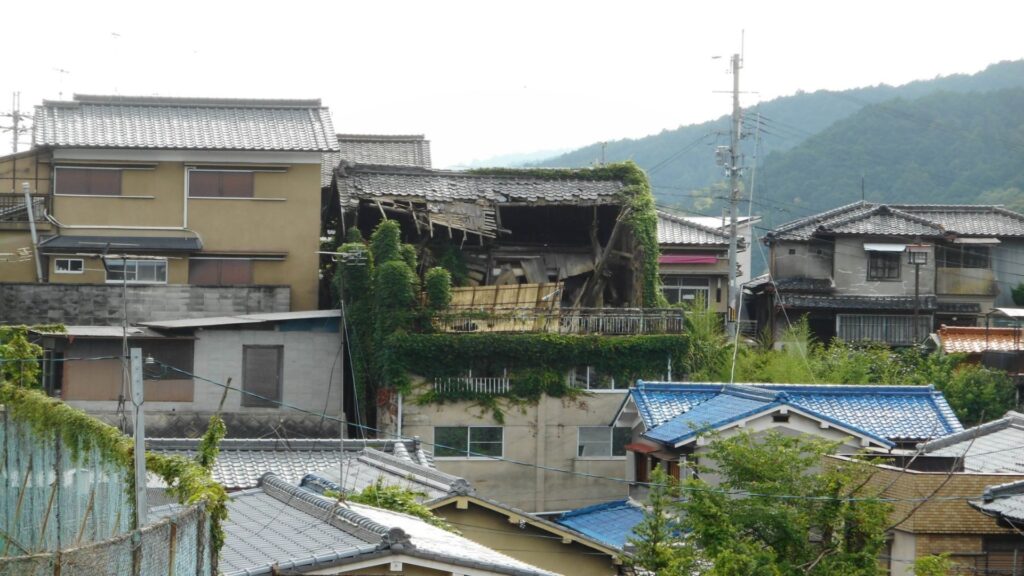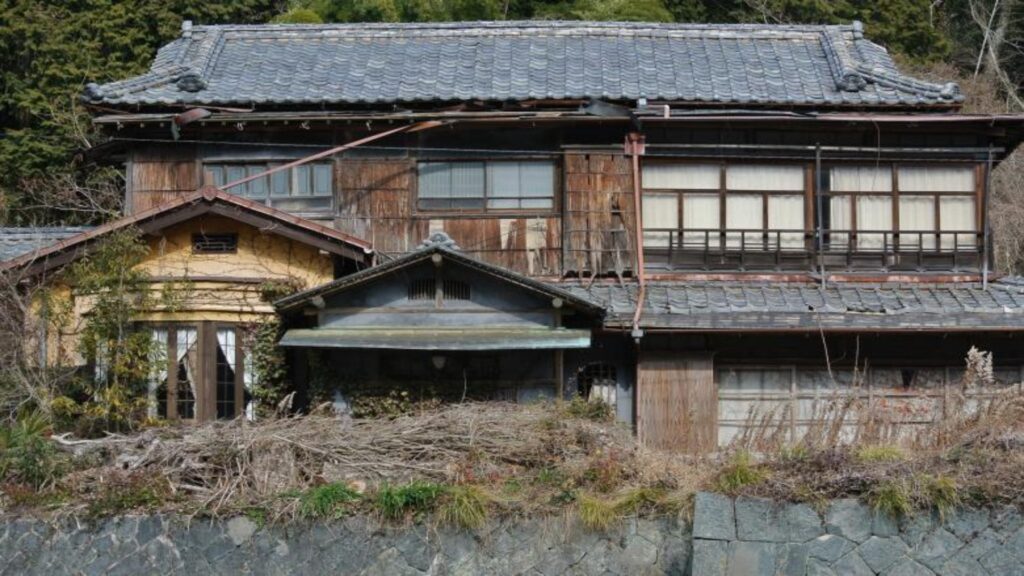As the number of Japan’s ‘akiya’ or ‘ghost houses’ (vacant houses) is growing rapidly, a vacation rental company is planning to convince owners to sell them and remodel each one into tourist lodgings
According to the government’s Housing and Land Survey in 2018, a survey conducted every five years, Japan has almost 8.5 million akiya. The vast majority of them are ramshackled, with unrepaired damage from years of natural disasters. Renovating these houses would be an arduous task, especially considering the costly repairs.
Yasuyuki Tanabe, head of the Japanese unit of the short and long term vacation rental company, said that the company is “deepening ties” with an undisclosed association that can preserve these homes, and it has already donated around $1 million to the organization. Furthermore, it is particularly interested in kominka, or wooden traditional houses, predicting they will appeal to foreign tourists.
Last year, the said company partnered with Japan’s Ryohin Keikaku, owner of lifestyle brand retailer Muji, intending to find lodgers for a more than 100-year-old private house in Chiba prefecture that Ryohin Keikaku renovated.
“Renovation certainly costs money. But if different entities collaborate and offer their own expertise, we could think of a unique solution. That is what we are currently working on,” Tanabe said.
While the company is doing great at finding solutions for akiya’s poor construction, it still has the current problem of persuading homeowners to help in their cause. It is trying to list down all the benefits of converting their vacant houses.
“The number of akiya is increasing and expected to increase further. Many of them are too good to be abandoned. There are also safety risks if they are left unkept. It can be a good source of income after people retire as our lifetime gets longer. If the owners of idle assets refurbish them and convert them into lodgings, that would be a solution,” Tanabe added.
On the other hand, Japan’s government has offered incentives for people to buy land and move in, such as tax breaks and dirt-cheap homes that cost as little as $500. An akiya is always accessible and available for foreigners in other countries to purchase.
The Nomura Research Institute predicted that at least 30% of homes in Japan will be abandoned by 2023. As the number of akiya is still anticipated to rise, it also remains a question whether or not tourists will consider visiting places in the middle of nowhere.
Other POP! stories that you might like:
‘Confusing, but there’s an explanation’: Japanese man born in 1984 identifies as a 28-year-old
Pet parents need to understand that not everyone is fond of animals in public places
Australia enacts comprehensive ban on Nazi symbols and salutes
Hollywood director bets budget for series production on crypto, earns more in return
Tech conference organizer faces backlash for using ‘fake female speakers’





